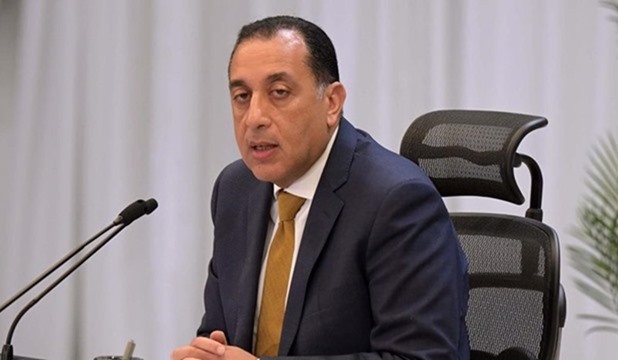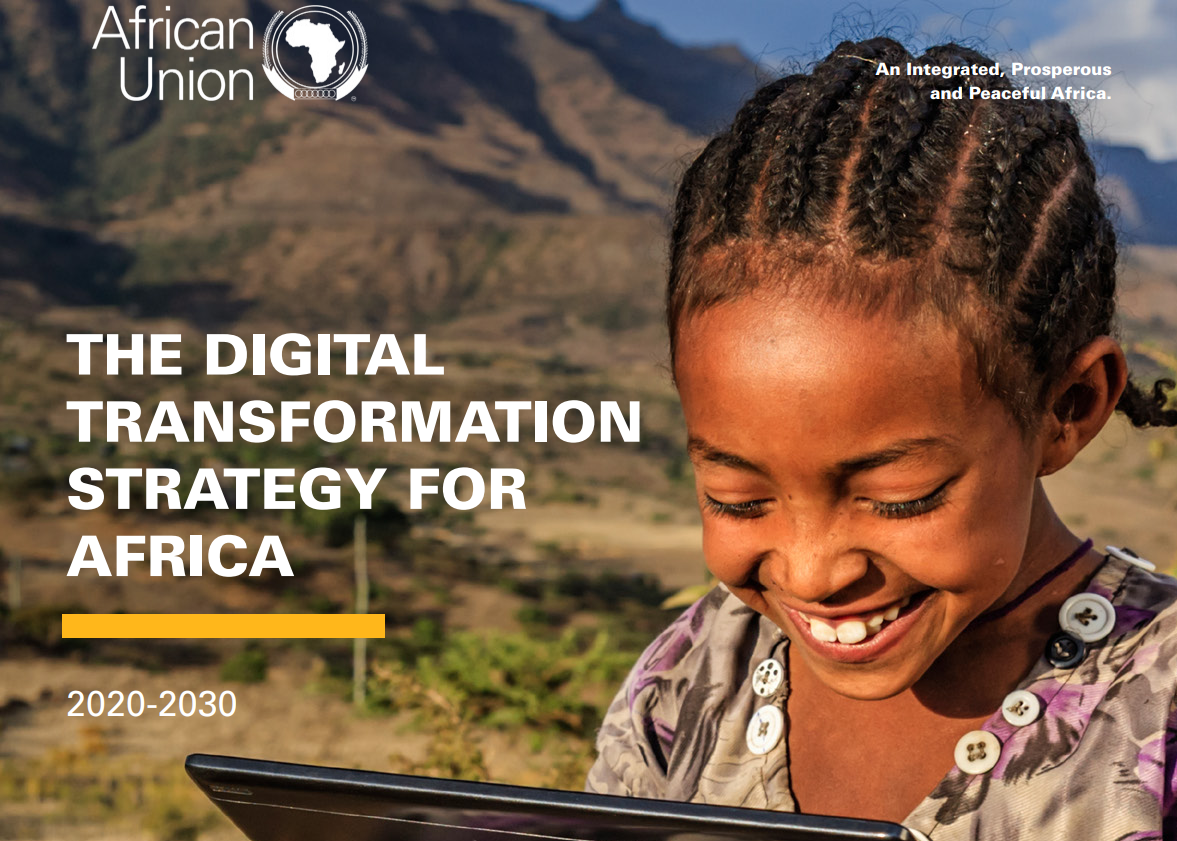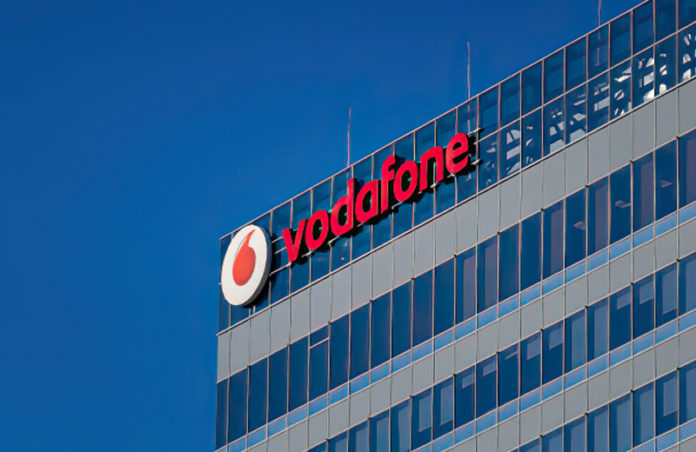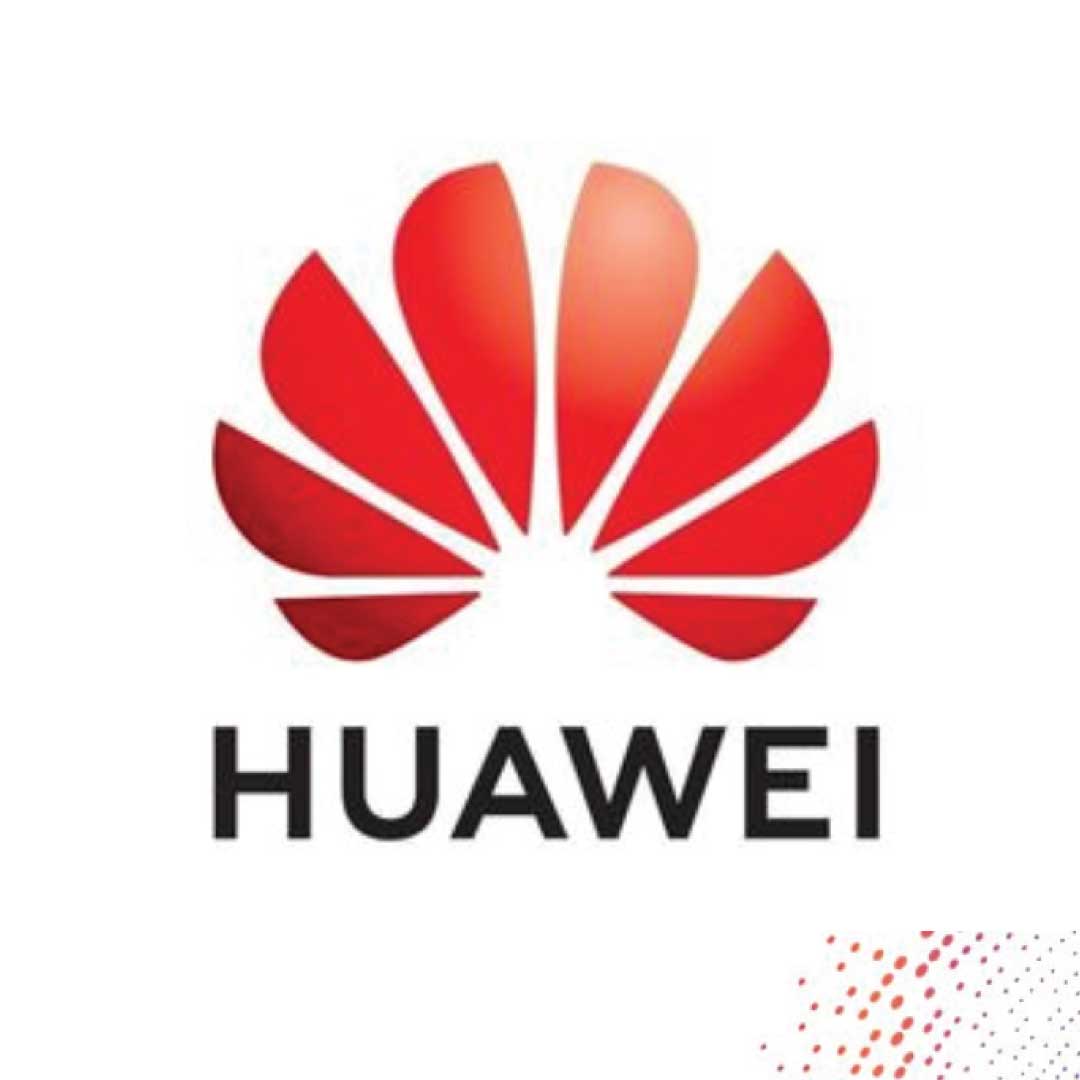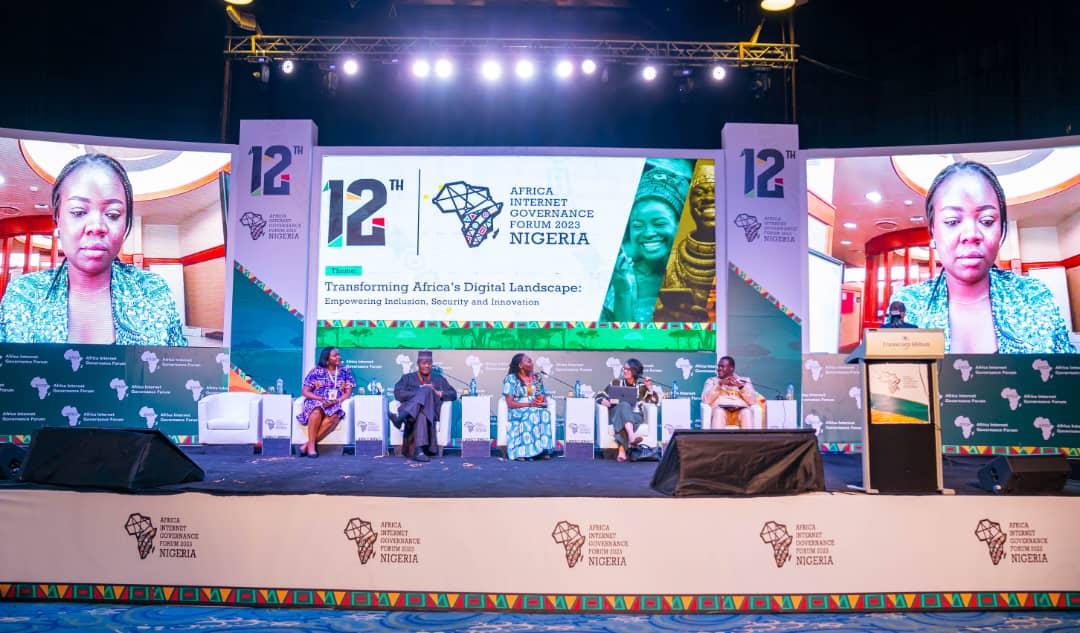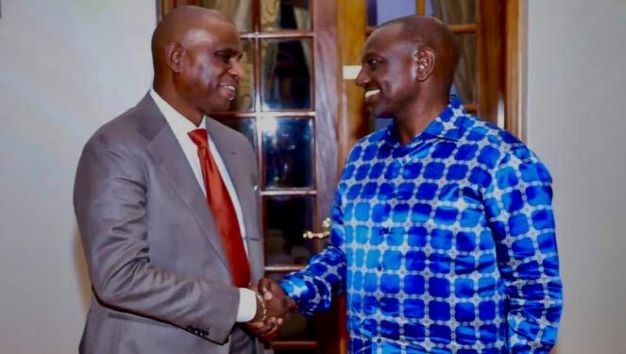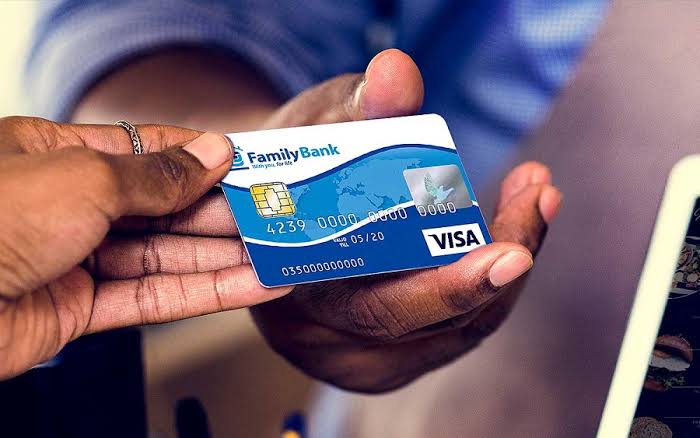In a significant step towards digital transformation and economic growth, Nigeria’s Minister of Communication, Innovation, and Digital Economy, Dr. Bosun Tijani, has joined forces with his Indian counterpart from the Ministry of Electronics and Information Technology to sign a Memorandum of Understanding (MoU).
This historic agreement, inked recently during the Nigeria-India Presidential Roundtable and Conference, sets the stage for a collaborative effort in Sharing Successful Digital Solutions at a scale that encompasses the entire population.
Read also: Mastercard, Zanzibar to speed up digital transformation
Strengthening Digital Ties
The partnership aims to harness the power of technology to usher in a new era of progress and development for both nations. Dr. Tijani emphasized the importance of this collaboration, stating, “By sharing our successful digital solutions, we can accelerate the pace of digital transformation and bring the benefits of technology to every Nigerian.”
This groundbreaking MoU is expected to pave the way for innovative initiatives that will revolutionize various sectors, including education, healthcare, and public services. It marks a significant milestone in Nigeria’s journey towards a digitally empowered society.
A Focus on Education Technology
In addition to the MoU on Digital Solutions, Minister Tijani also signed another crucial agreement with the Central Square Foundation. This partnership centers on Sharing Successful Ecosystems, particularly in the field of education technology. The goal is to implement these successful models at a population scale, thereby catalyzing digital economic transformation.
Meanwhile, Nigeria’s Minister of Industry, Trade, and Investment, Dr. Doris Uzoka-Anite, played a pivotal role in further strengthening bilateral ties. Under her watch, a third MoU focused on Infrastructure Development was signed. This agreement inked between the Infrastructure Corporation of Nigeria Limited (InfraCorp) and Invest India, the National Investment Promotion and Facilitation Agency of India, promises to open up new investment opportunities.
This strategic collaboration will facilitate a smoother path for investors seeking opportunities in both countries. It underlines the commitment of Nigeria and India to bolster their physical infrastructure, making them more attractive destinations for global investments.
Bridging the Divide
At the close of the interactive session between the Nigerian investment mission in India, Mr. Chandrajit Banerjee, the Director-General of the Confederation of Indian Industries (CII), underscored the significance of the Presidential Roundtable. He noted that this event provides a robust foundation for Indian businesses looking to engage with Nigeria across various sectors, including capacity building, skills development, agriculture, and infrastructure enhancement.
The partnership forged during the Roundtable is set to create a conducive environment for fostering cooperation between the two nations, strengthening their economic ties, and driving progress on multiple fronts.
President Tinubu’s Vision
Notably, Nigeria’s President, Bola Tinubu, is currently in New Delhi, India, for a six-day working visit. This visit coincides with the G20 Leaders’ Summit, offering a prime opportunity for President Tinubu to engage with global leaders and attract much-needed capital and foreign direct investments (FDI) to Nigeria.
Ajuri Ngelale, the Special Adviser to the President on Media and Publicity, previously disclosed President Tinubu’s agenda for the visit. He stated that the President’s meetings in India are geared towards bolstering Nigeria’s global standing and boosting its economic prospects through increased FDI.
As President Tinubu continues his engagements at the G20 Leaders’ Summit, the collaborative agreements signed during the Nigeria-India Presidential Roundtable stand as a testament to the commitment of both nations to harness innovation, technology, and investment for a brighter and more prosperous future.
In addition to the MoUs focusing on digital solutions, education technology, and infrastructure development, there is a growing emphasis on trade and economic cooperation between Nigeria and India. Both countries see vast potential in diversifying their trade portfolio.
India, with its robust pharmaceutical and technology sectors, offers opportunities for Nigerian businesses to tap into these markets. Likewise, Nigeria’s rich natural resources and growing consumer base make it an attractive destination for Indian investors.
In this context, discussions during the Presidential Roundtable touched upon the need to facilitate trade agreements and remove trade barriers, making it easier for businesses from both nations to engage in mutually beneficial exchanges.
EU launches digital transformation centre in Kenya
The Role of Capacity Building
Capacity building emerged as a recurring theme during the Roundtable discussions. Both Nigeria and India recognize the importance of investing in human capital. This includes training and upskilling the workforce to meet the demands of the rapidly evolving digital economy.
Dr. Tijani highlighted the need for collaborative efforts in knowledge transfer and skill development. He stated, “We aim to nurture a workforce that is not only technologically proficient but also adaptable to the changing dynamics of the digital world.”
Another vital aspect of the collaboration discussed during the Roundtable was agriculture and food security. Both nations recognize the significance of agricultural self-sufficiency and food security for their populations.
India’s expertise in agricultural technology and sustainable farming practices can provide valuable insights to enhance Nigeria’s agricultural sector. This cooperation can lead to increased agricultural productivity, food security, and improved livelihoods for farmers in both countries.
As the Nigeria-India Presidential Roundtable concluded, it left behind a trail of optimism and excitement for the future. The agreements signed, combined with the discussions on trade, capacity building, agriculture, and food security, lay the foundation for a stronger and more dynamic partnership between these two nations.
President Bola Tinubu’s presence at the G20 Leaders’ Summit further reinforces Nigeria’s commitment to global engagement and attracting investments. The path ahead is one of collaboration, innovation, and progress as Nigeria and India embark on a journey towards shared prosperity in the digital age.
